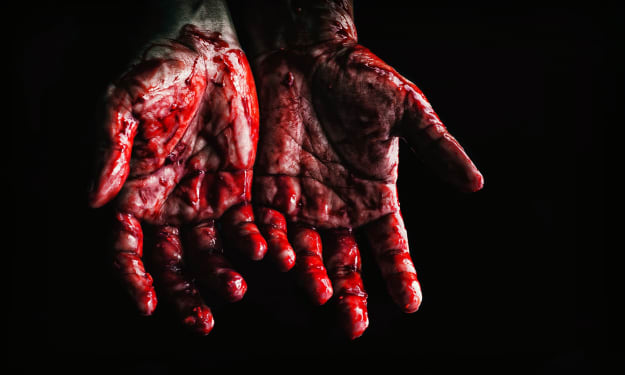The Mumbai Terror Attacks
A Tragic Tale of Violence and Resilience

The Mumbai Terror Attacks: A Tragic Tale of Violence and Resilience
November 26, 2008, marked one of the darkest days in the history of India. It was on this day that the city of Mumbai, also known as the financial capital of India, was hit by a series of terrorist attacks that shook the nation to its core. The attacks, which lasted for four days, targeted several iconic locations in Mumbai, including the Taj Mahal Palace Hotel, the Chhatrapati Shivaji Terminus railway station, Leopold Cafe, and Nariman House. The attacks claimed the lives of over 160 people and injured more than 300, leaving a deep scar on the collective psyche of the nation.
The Mumbai terror attacks were carried out by a group of 10 terrorists who had arrived in the city from Pakistan via the sea route. The terrorists were armed with assault rifles, grenades, and explosives, and their plan was to create mayhem and chaos across the city. The attacks began at around 9:30 pm when the terrorists opened fire at the Chhatrapati Shivaji Terminus railway station, killing and injuring several innocent bystanders. The terrorists then split into several groups and targeted various locations across the city, including the Taj Mahal Palace Hotel, where they held several guests and employees hostage.
The siege at the Taj Mahal Palace Hotel lasted for almost three days and was one of the most harrowing incidents of the attacks. The terrorists had taken control of several floors of the hotel and were using the hostages as shields. The Indian security forces, including the National Security Guard (NSG), the Mumbai Police, and the Indian Army, launched a massive operation to flush out the terrorists and rescue the hostages. The operation lasted for almost 60 hours and involved several rounds of gun battles, explosions, and negotiations.
The Mumbai terror attacks were a wakeup call for India, and the nation soon realized the gravity of the situation. The government, the security forces, and the citizens of India came together in a display of solidarity and resilience. The people of Mumbai, in particular, showed remarkable courage and determination in the face of adversity. The attacks did not break their spirit, but instead, it made them more determined to fight back and emerge stronger.
The Mumbai terror attacks also exposed the glaring loopholes in India's security apparatus and the need for urgent reforms. The attacks highlighted the need for better intelligence gathering, equipment, and training for the security forces. The government, under the leadership of then-Prime Minister Manmohan Singh, took several measures to strengthen India's security apparatus, including the creation of a new agency called the National Investigation Agency (NIA) to handle cases related to terrorism.
The Mumbai terror attacks also had a significant impact on India's relationship with Pakistan, which was accused of harboring and supporting the terrorists. The Indian government demanded that Pakistan take action against the terrorists and bring them to justice. The relationship between the two nations deteriorated further, and it took several years for the situation to improve.
The Mumbai terror attacks will forever remain etched in the memories of the people of India. The attacks were a reminder of the fragility of peace and the need for constant vigilance. However, the resilience and courage displayed by the people of Mumbai in the aftermath of the attacks were also a testament to the indomitable spirit of the Indian people. The nation came together in a display of unity and strength, and it was this spirit that helped India overcome the tragedy and emerge stronger.
In conclusion, the Mumbai terror attacks were a tragic tale of violence and resilience. The attacks claimed the lives of several innocent people and left a deep scar on the nation's psyche. However, the attacks also brought out the best in the people of India
About the Creator
BILL KISHORE
Storyteller, dreamer, and adventurer.






Comments
There are no comments for this story
Be the first to respond and start the conversation.